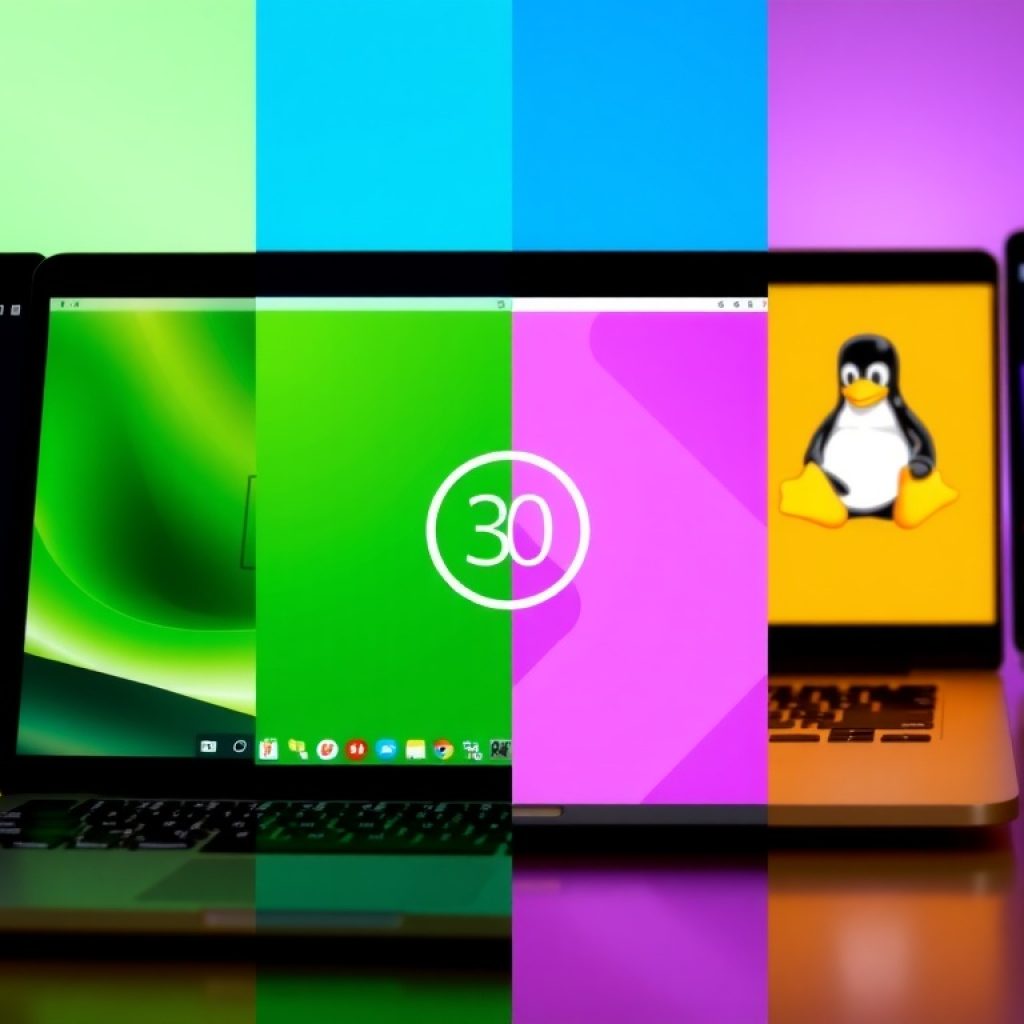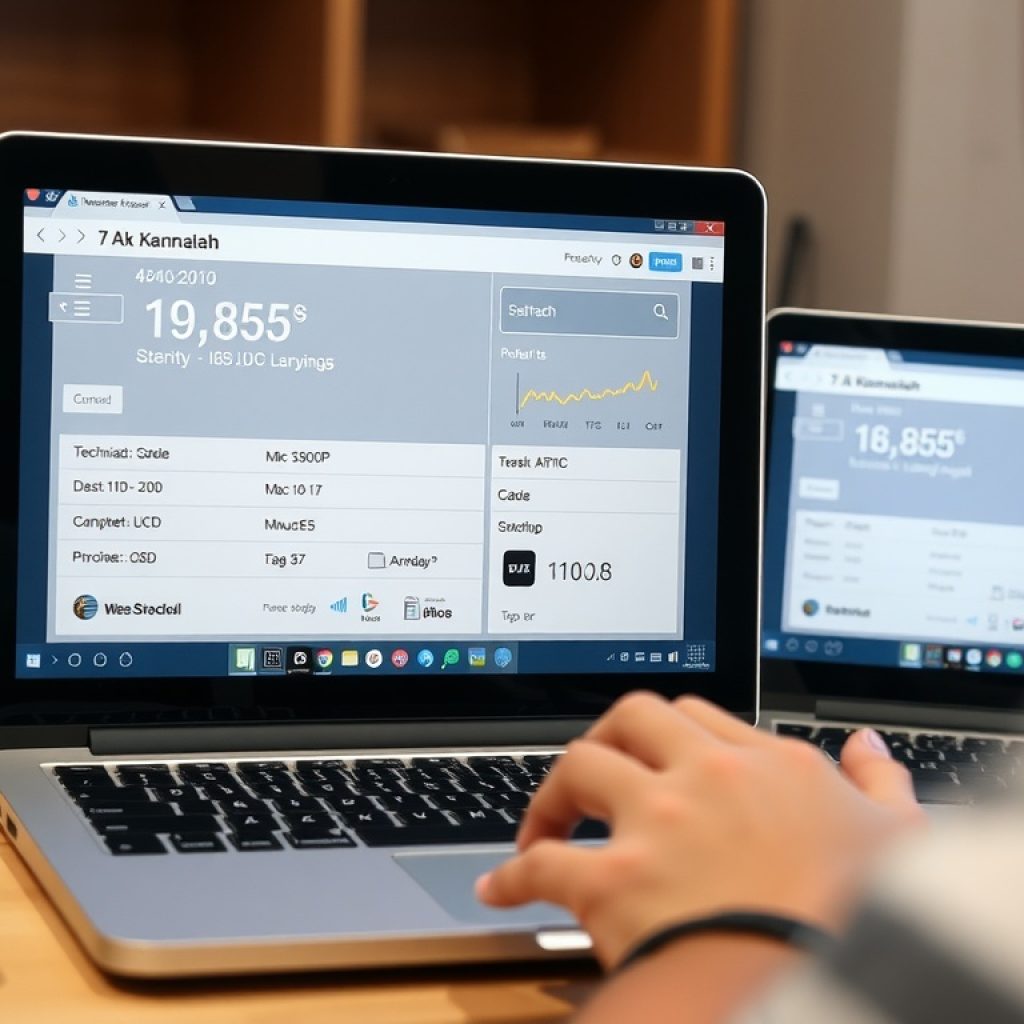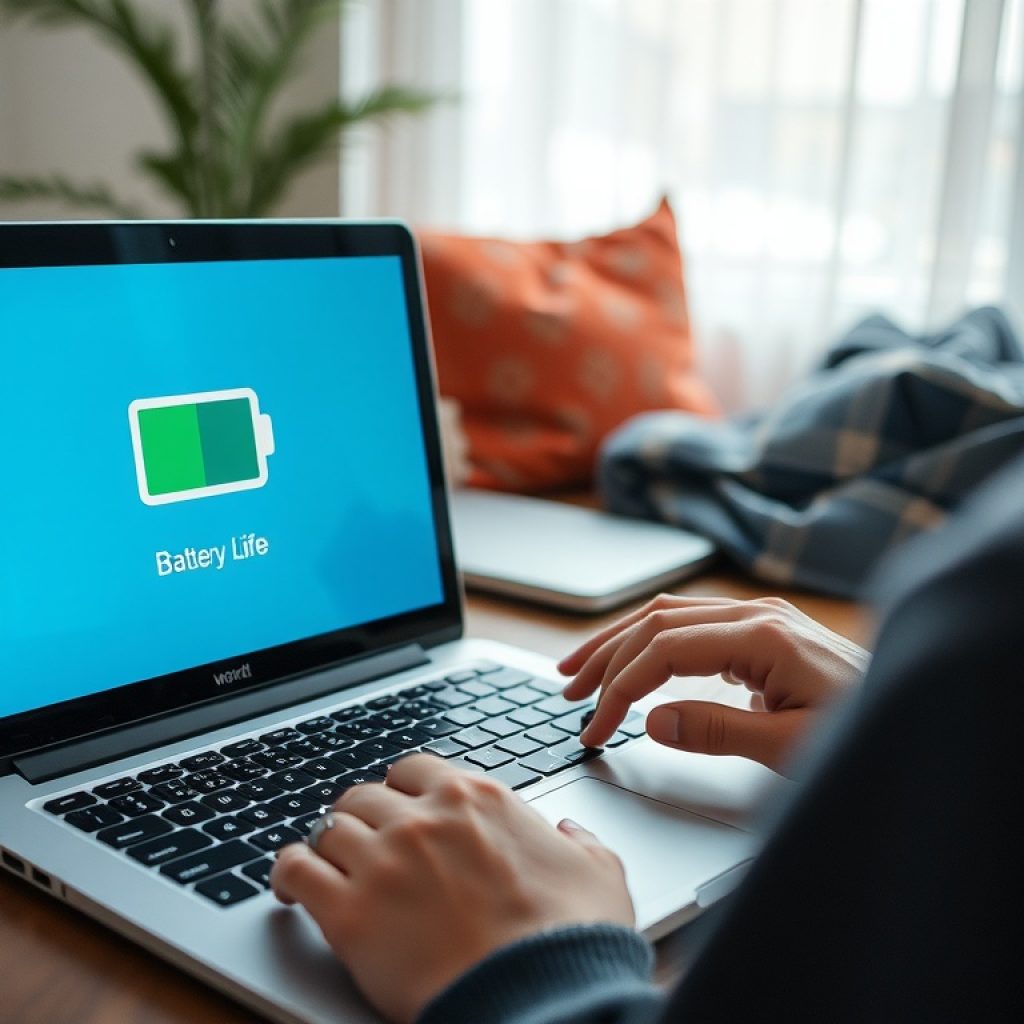Here's everything you need to know to buy a laptop that meets your needs. Whether you're a student, professional or just looking for entertainment, choosing the right model can seem complicated, but don't worry, we're here to help demystify the process. Let us guide you through the essential criteria and practical tips to make your laptop buying decision easier.

Why buy a laptop?
- Portability
- Versatility
- Various options
Criteria to be taken into account
- Performance
- Battery life
- Screen and ergonomics
Where to buy a laptop?
- Physical stores
- On-line sites
- Second-hand offers
Determine your performance needs

Before buying a laptop, it's essential to understand your needs in terms of performance. This will help you choose the right model for your everyday use. Whether you're a student, professional or gamer, your expectations vary considerably.
Start by thinking about the main use of your future computer. If you need a device for simple tasks like web browsing or word processing, an entry-level model may suffice. On the other hand, if you're planning to do video editing or play resource-hungry games, opt for a more powerful laptop.
Examine design and portability
When you're thinking about buying a laptop, design and portability are crucial elements to consider. An elegant, lightweight laptop can accompany you anywhere, whether to the office, school or on your travels.
Look at the computer's weight and dimensions. A slim, lightweight model is often easier to carry. Also consider the quality of the materials used. An aluminum case, for example, may offer greater durability.
Good design isn't just about looks. Think ergonomics. A comfortable keyboard and well-positioned screen are essential for prolonged use. If you're going to be working on your laptop for hours on end, these details can make a big difference.
Finally, take a look at the available ports. Do you need multiple USB ports or an HDMI port? This may affect your choice when you go to buy a laptop.
Choosing the ideal operating system

When considering the purchase of a laptop, the choice of operating system is crucial. The three main systems are Windows, macOS and Linux. Each has its own characteristics, which can meet different needs.
Windows is the most popular and offers broad software compatibility. If you like to play games or use applications This is often the best choice.
macOS, on the other hand, is ideal for those already in the ecosystem. Apple. If you use a iPhone or iPad, a Mac can easily integrate with your other devices.
Finally, Linux is perfect for advanced users who like to customize their experience. It is often preferred for development and programming.
Before buying a laptop, think about your needs. Which operating system suits you best? This will help you make an informed choice.
Compare technical specifications

When considering a laptop purchase, it's essential to compare specifications. techniques. These details will determine the performance of your device according to your needs.
Start with the processor. A good processor will ensure that your computer runs fast, whether for work or play. Make sure you choose a model that meets your requirements.
Next, look at RAM memory. The more RAM you have, the better for multitasking. If you like to open several applications simultaneously, opt for 8 GB or more.
Storage is also crucial. SSDs are faster than traditional hard disks. If you want fast start-up and instant access to files, SSDs are the way to go.
Finally, don't overlook the screen. Screen resolution and size affect your viewing experience. For graphic work, a high-definition screen is recommended.
In short, to buy a laptop, carefully compare these specifications. This will help you make the best choice for your needs.
Search for reviews and recommendations

When it comes to buying a laptop, researching reviews and recommendations is essential. It helps you get a clear idea of the options available. With so many models on the market, it can be difficult to make an informed choice.
Start by consulting specialized sites that test laptops. Many experts share their opinions on performance, battery life and material quality. This information is invaluable in guiding your decision to buy a laptop.
Don't forget to read user reviews. These comments can give you an insight into the actual experience of people who have bought the same model. Forums and social networks are good places to ask questions and get recommendations from other buyers.
Finally, consider talking to your friends and family. They may have advice based on their own experiences. By taking the time to research and compare, you'll be better prepared to buy a laptop that meets your needs.
Evaluating battery life

When it comes to buying a laptop, battery life is an essential criterion. Nobody wants a computer that requires a power outlet around every corner! So how do you assess battery life?
First, check the manufacturer's specifications. Often, they indicate how long it will run in standby mode or during specific activities. This can give you an idea of what to expect.
Then look at the tests carried out by experts. They test the computer under real-life conditions, which is more reliable than the figures provided by the brands.
Finally, don't forget to consider your own usage. If you're often on the move, a model with long battery life will be a real asset when choosing a laptop.
